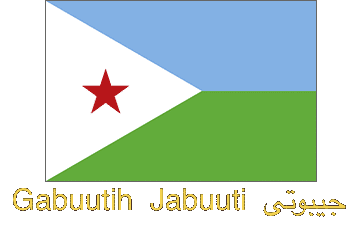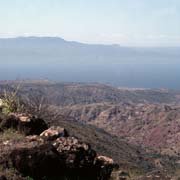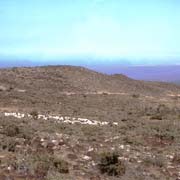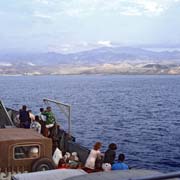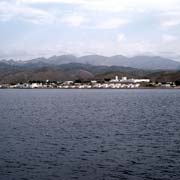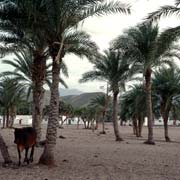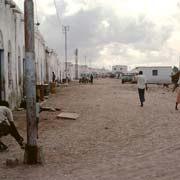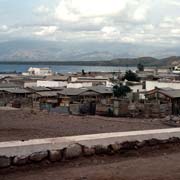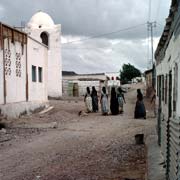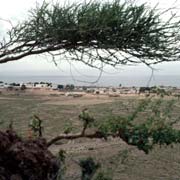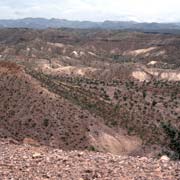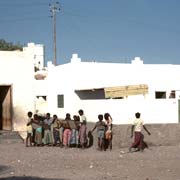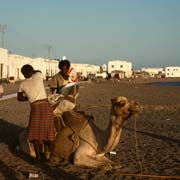Photos of The Gulf of Tadjoura, Djibouti
The Gulf of Tadjoura
Tadjoura is the oldest town in Djibouti and the capital of the region with the same name. Lying on the Gulf of Tadjoura, it is home to a population of around 25,000 people. Its Afar name Tagórri derives from their word for a goatskin flask, used for drawing water, meaning there is plenty of water here.
you may then send it as a postcard if you wish.
Tadjoura originally was the seat of the Afar Ad-Ali Abli Sultanate. It was a thriving port by the mid-19th Century: it had a significant slave market, with roughly 6,000 people a year leaving Ethiopia through Tadjoura and nearby Zeila. Also, ivory, gold, ostrich feathers and wheat were exported, among others. The French abolished the slave trade once it came under their control, although it continued on a smaller scale for many years afterwards. The importance of Tadjoura as a port declined once the railway between Djibouti and Ethiopia was inaugurated in 1901.
Tadjoura is now a quiet town linked by ferry with Djibouti City and is known for its whitewashed buildings and nearby beaches.


